Once below a time (to quote the man himself) the bloated poet Dylan Thomas slouched back to New York’s Chelsea Hotel in the dead of night and informed his mistress that he had just drunk 18 straight whiskies, which he suspected was a record. He then dropped to his knees, lowered his head onto her lap and mumbled his last words: ‘I love you, but I’m alone.’
On another occasion, during a fund-raising lunch, Jackson Pollock drunkenly vomited on the Chelsea’s carpet, inadvertently improvising, you might say, one of his own drip paintings.
On yet another, plastered, the novelists Jack Kerouac and Gore Vidal decided that they ‘owed it to literary history’ (the phrase was Vidal’s) to go to bed together. They checked into the Chelsea, declared to the night porter that they had rendered the register valuable by signing it, and then staggered upstairs to perform the laborious deed. Kerouac winced the next morning at the memory of his Goring. ‘In the light of day,’ Sherill Tippins remarks dryly, ‘his encounter with Vidal seemed less historically significant than he’d imagined.’ Sex. Vomit. Death. That pretty much sums up the carousel of themes in this impressive, if occasionally depressing, history of the Hotel Chelsea (to give it its official name).
Built as a vast apartment block in the Chelsea district of Manhattan in 1883, and converted into a hotel two decades later, it was designed to be a utopian haven. Its architect, Philip Hubert, was inspired by the writings of Charles Fourier, who envisioned communities that would give special precedence to artists. Fourier, of course, was as mad as a bagful of spanners. He also recommended that members of his micro-societies engage in frequent ‘celebratory orgies’ to strengthen communal bonds — which is an excuse worth bearing in mind the next time your wife finds you in bed with the neighbours.
In his residential Harrods by the Hudson Hubert omitted the orgies but admitted the artists. Crucially, he kept the apartments cheap. Writers and musicians, he hoped, would be lured by the views and painters by the 12th-floor studios. And so it proved. Writers, painters and musicians homed in, attracted partly by the prospect of being surrounded by other writers, painters and musicians.
Thomas Wolfe, Mary McCarthy, Virgil Thompson, Arthur Miller, Janis Joplin, Jim Carroll, Sid Vicious. The list goes on, as lists will tend to do. So does Tippins’s book at times. But in the main she picks her way gracefully through the broken lives of these alumni, successfully delivering the promise of her preface: less a biography of a building than an alternative history, actually, of American art.
Unlike many of her compatriots, Tippins doesn’t gush — thank God — when it comes to modernism or the counter-culture. It’s a shame, though, that she rarely distinguishes between her sacred cows in terms of talent. (The paintings of Arthur B. Davies haven’t aged well.) And I’d like to know what she really thinks about the old Bohemian ideal: of living fast, dying young and leaving a good-looking corpus. As her pages pass, they become less pleasant. The death-count mounts — Thomas, Joplin, Vicious — and a sick sense grows of the sadder side of her subject matter.
Artists yearn to belong to brotherhoods but find that when they do the temptation is to neglect their gifts, and instead get drunk, have sex and die, in more or less that order. One of the few Chelsea denizens with a strong survival reflex, Bob Dylan (who probably annexed his surname from Dylan Thomas) once revealed that what he most admired about his wife Sara was that she didn’t believe the key to her happiness lay in someone other than herself. At the Chelsea, so many were undone by company, discovering not the idyllic community of Fourier but its infernal opposite.
Whatever else you may think of them, Thomas’s last slurred words were, in a sense, completely wrong. He died after a gruelling round of parties and performances, during which he sucked on love and whisky until they killed him. His deep problem — like that of many victims of the Chelsea Hotel — wasn’t that he was alone. Even more dangerously, it was that he wasn’t.
Got something to add? Join the discussion and comment below.
Get 10 issues for just $10
Subscribe to The Spectator Australia today for the next 10 magazine issues, plus full online access, for just $10.
Available from the Spectator Bookshop, £16.00, Tel: 08430 600033
You might disagree with half of it, but you’ll enjoy reading all of it. Try your first month for free, then just $2 a week for the remainder of your first year.

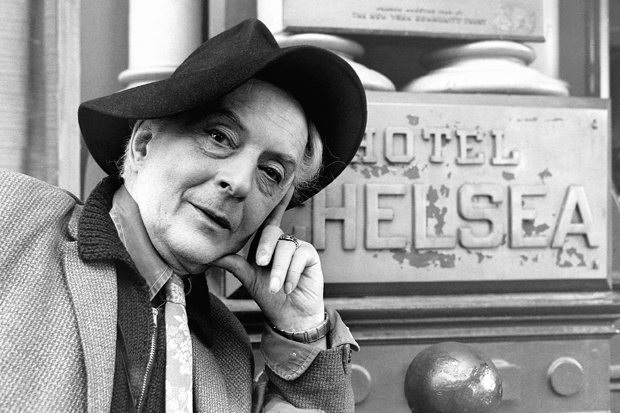
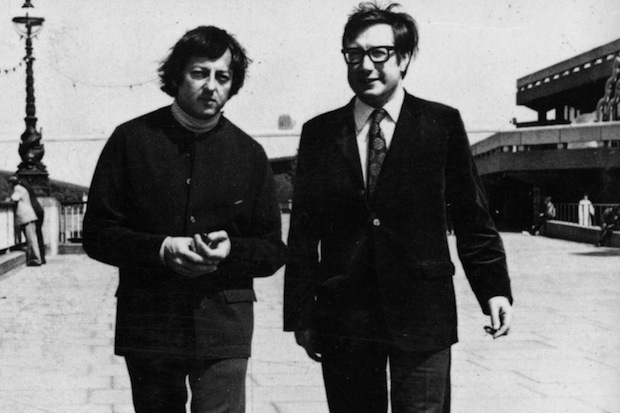
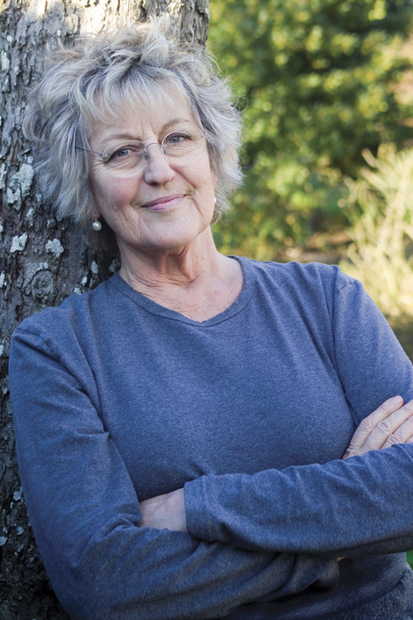

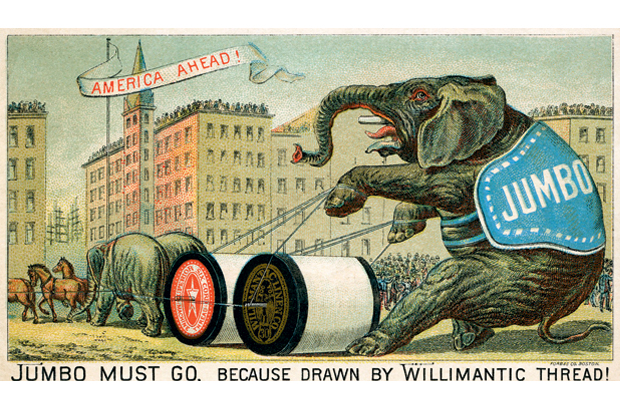
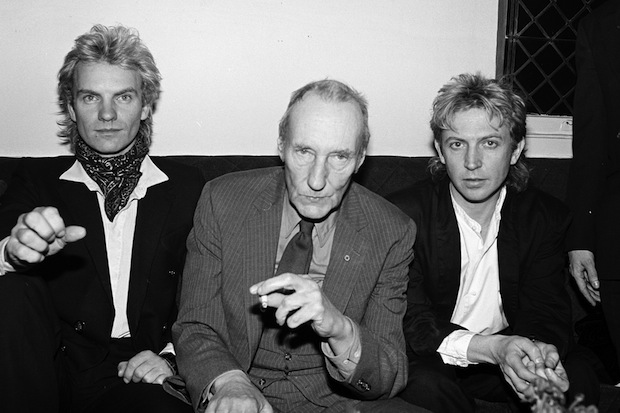







Comments
Don't miss out
Join the conversation with other Spectator Australia readers. Subscribe to leave a comment.
SUBSCRIBEAlready a subscriber? Log in